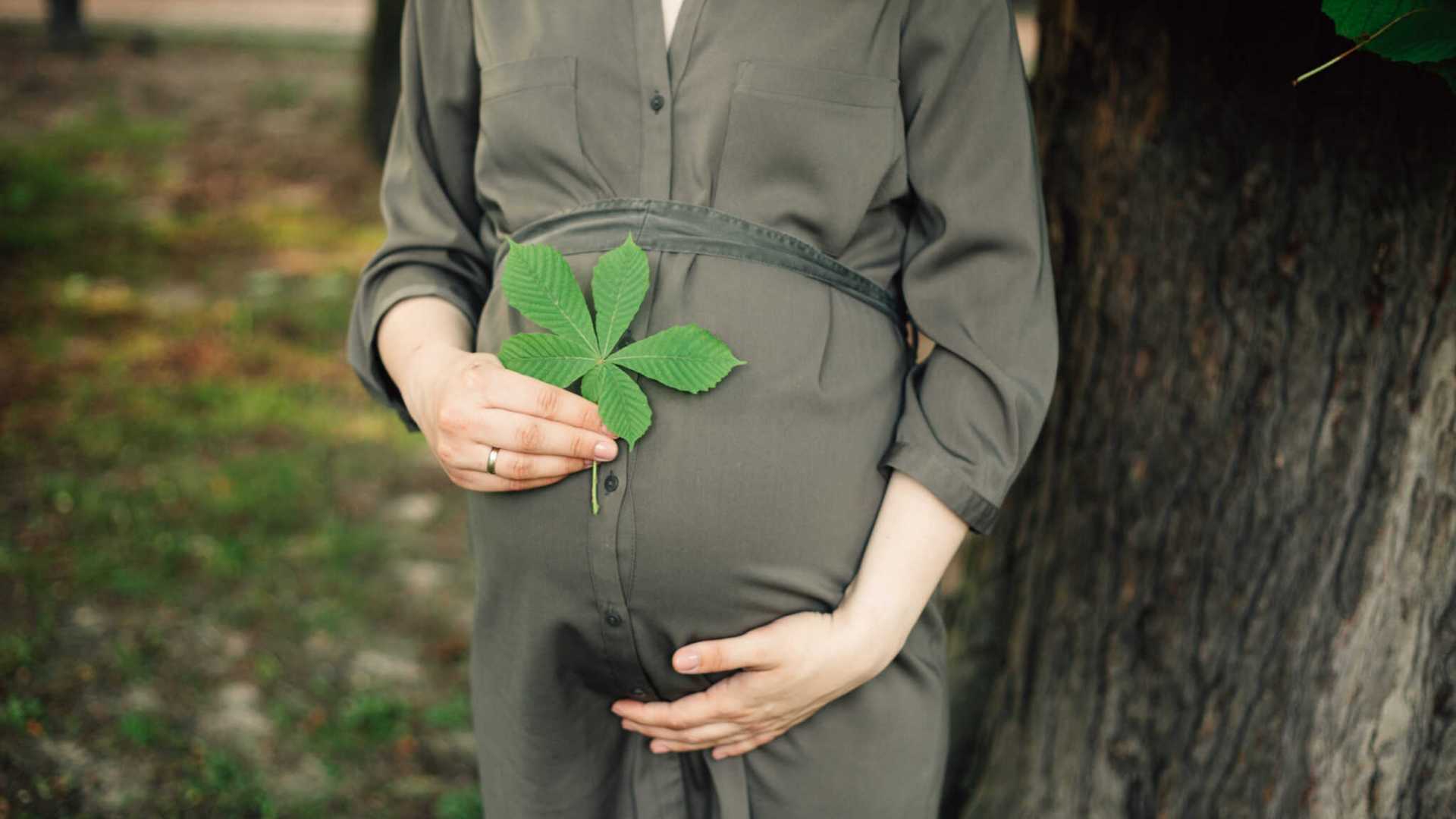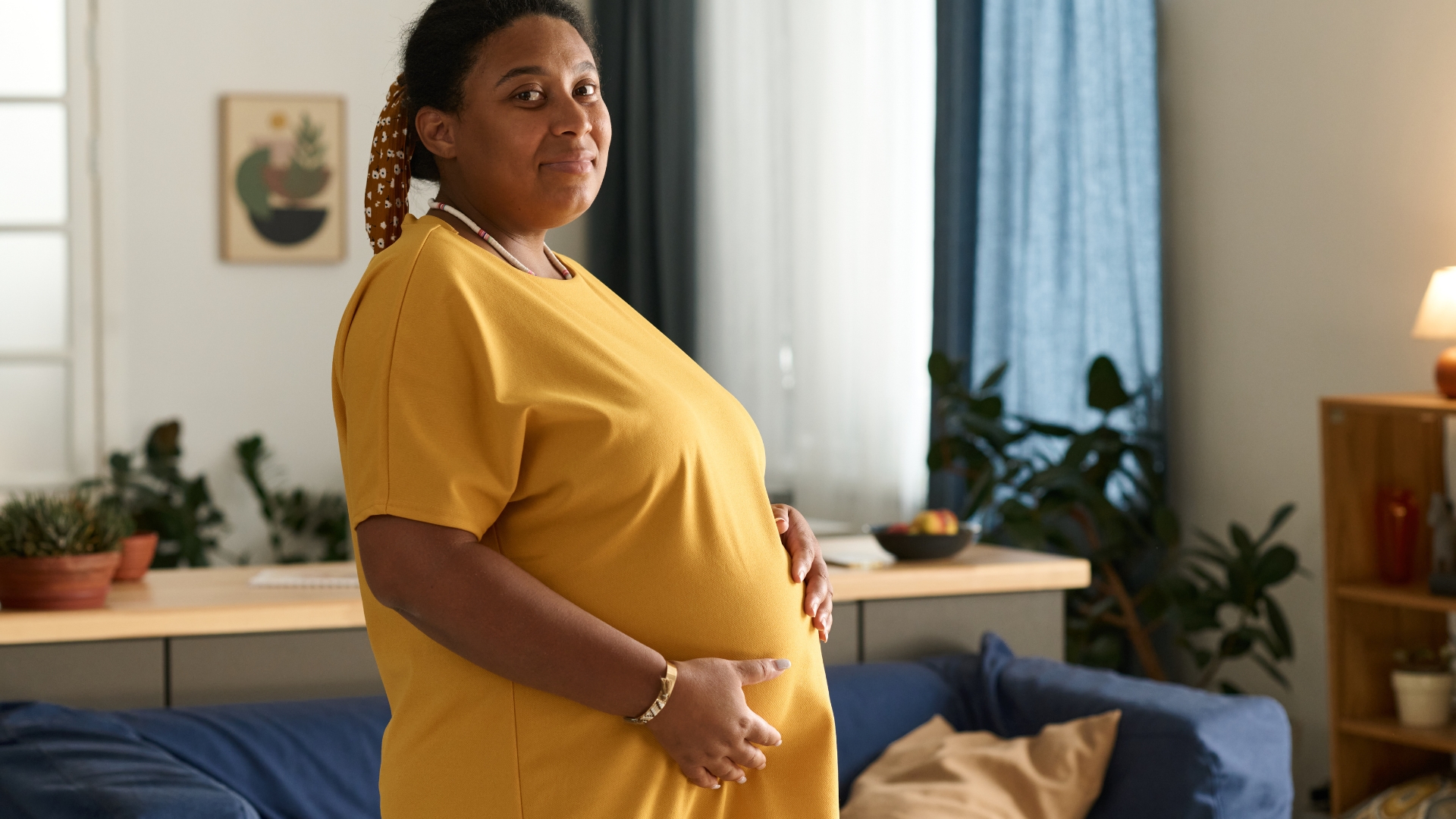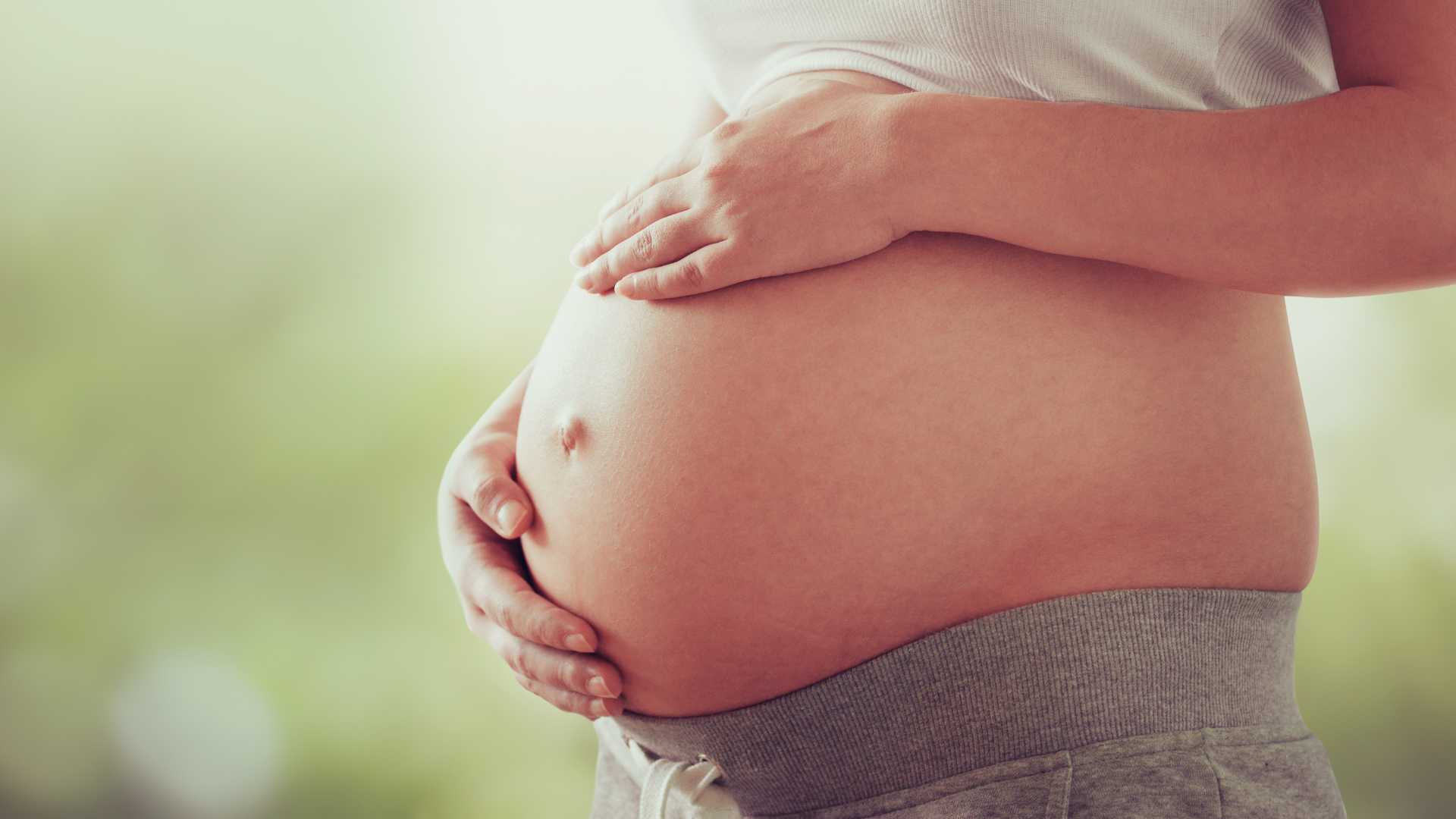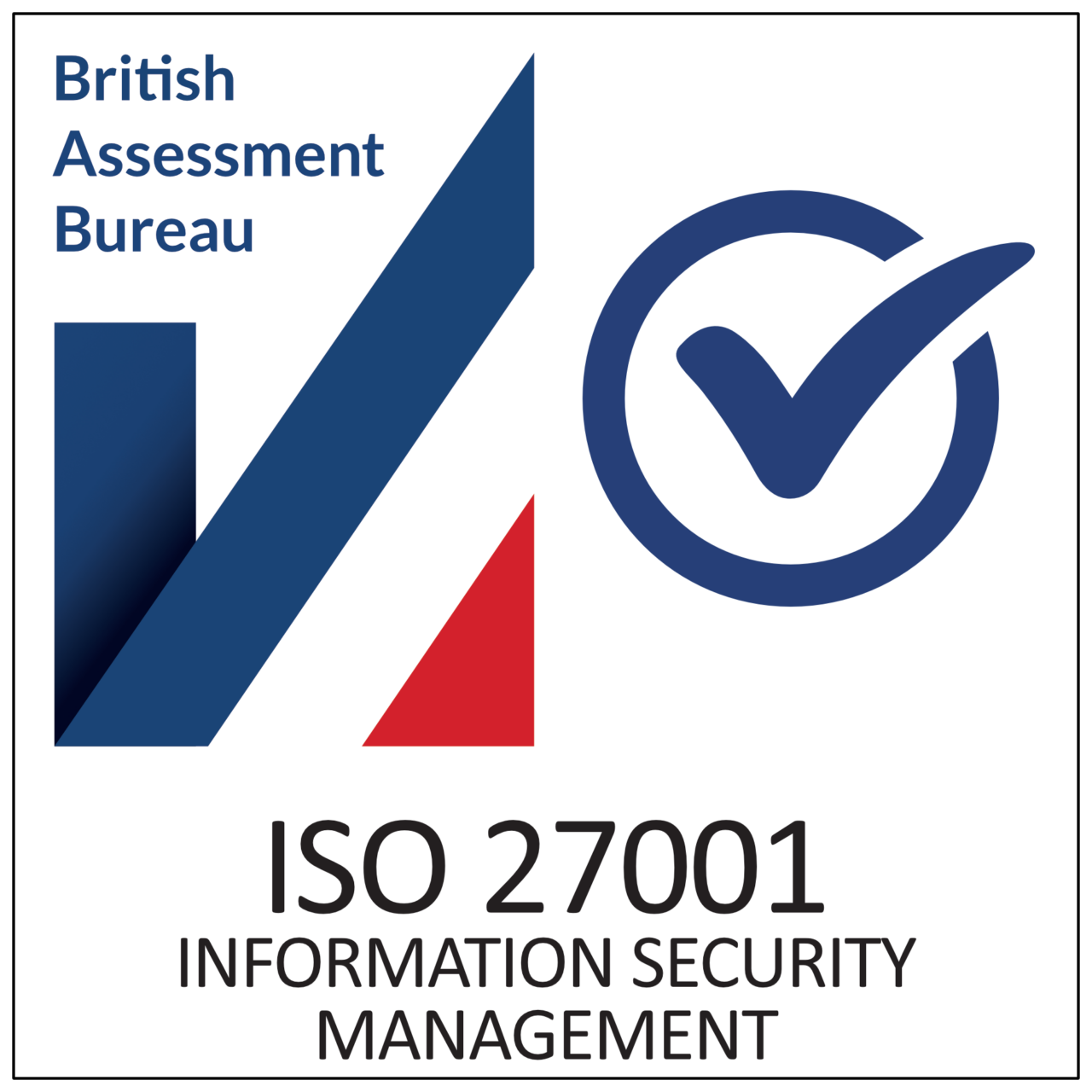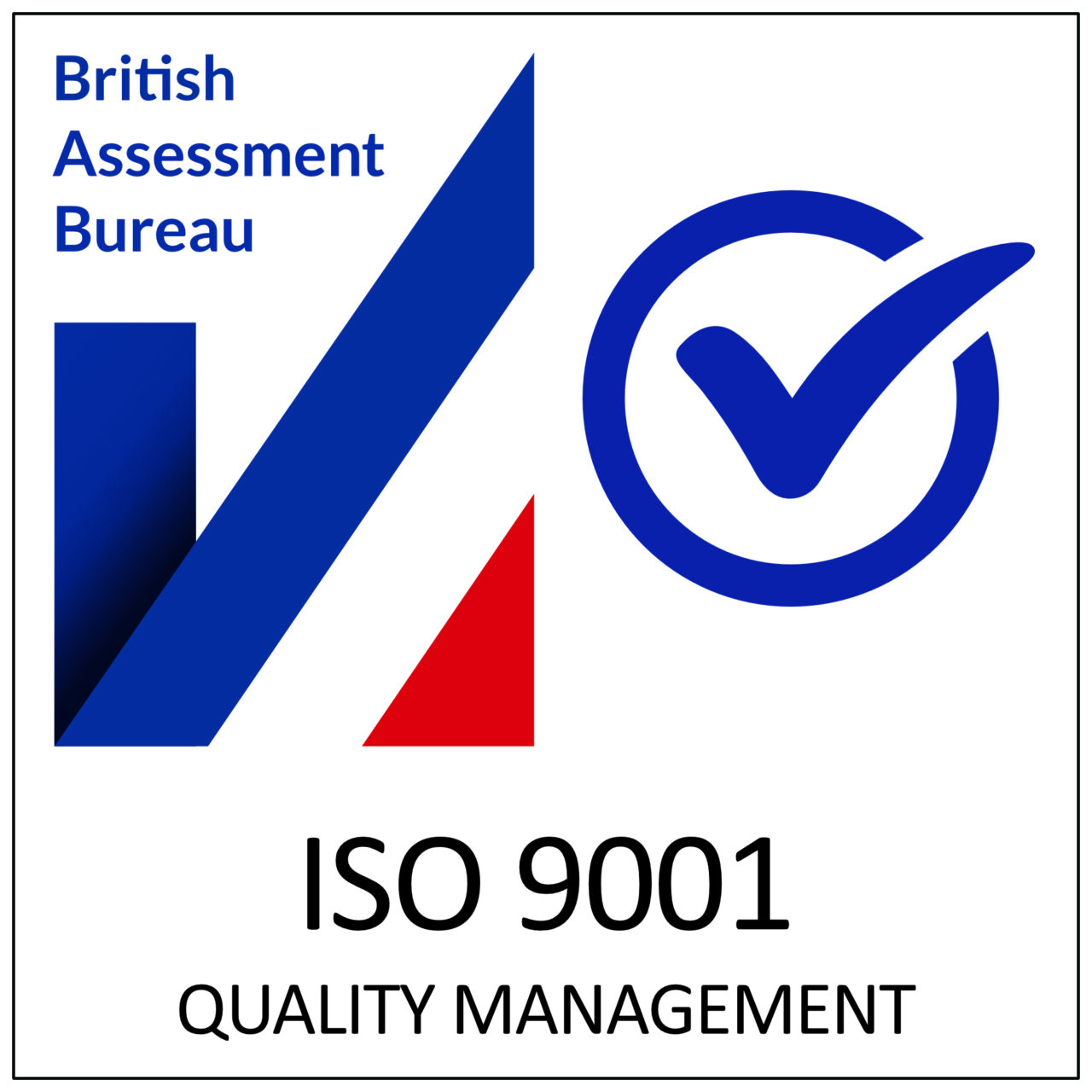NIPTPanorama Test

NIPTPanorama Test
The Panorama test is the most widely ordered NIPT in the US. Only a simple blood draw is required. Panorama is the only NIPT that can tell the difference between your DNA and the baby’s DNA, leading to fewer incorrect results and no fetal sex errors in clinical validation studies.





What Can Panorama Tell Me?

Testing Detail
PanoramaWhat Can Panorama Tell Me?
Panorama screens for genetic changes that most often happen by chance.
During your pregnancy, your blood contains DNA from both you and your baby’s placenta. Panorama looks at the placental DNA to see if there are signs of certain chromosomal conditions that could affect your baby’s health.
Results are typically available in seven to ten days (once the sample reaches the lab). You will receive a personalised risk report that indicates if your pregnancy is at high or low risk for the screened conditions.

What Does A Low Result Mean?
A low risk result means that the chance your baby has one of the conditions tested by Panorama is very unlikely, but not zero—less than 1 in 10,000 for most conditions.
What If I Receive A High Risk Result?
Panorama is a screening test, which means that this test does not make a final diagnosis. A high risk result means that your pregnancy has a higher chance of having a specific genetic condition. However, you cannot know for sure if your baby has that condition based upon the screening result alone. If you receive a high risk Panorama result, speak with your healthcare provider (HCP) to discuss which next steps you could decide to do, such as genetic counseling, detailed ultrasound, and the option of diagnostic testing. All medical decisions should be made after discussion with your HCP regarding diagnostic testing during the pregnancy, like chorionic villus sampling (CVS) or amniocentesis, or testing the baby after birth.
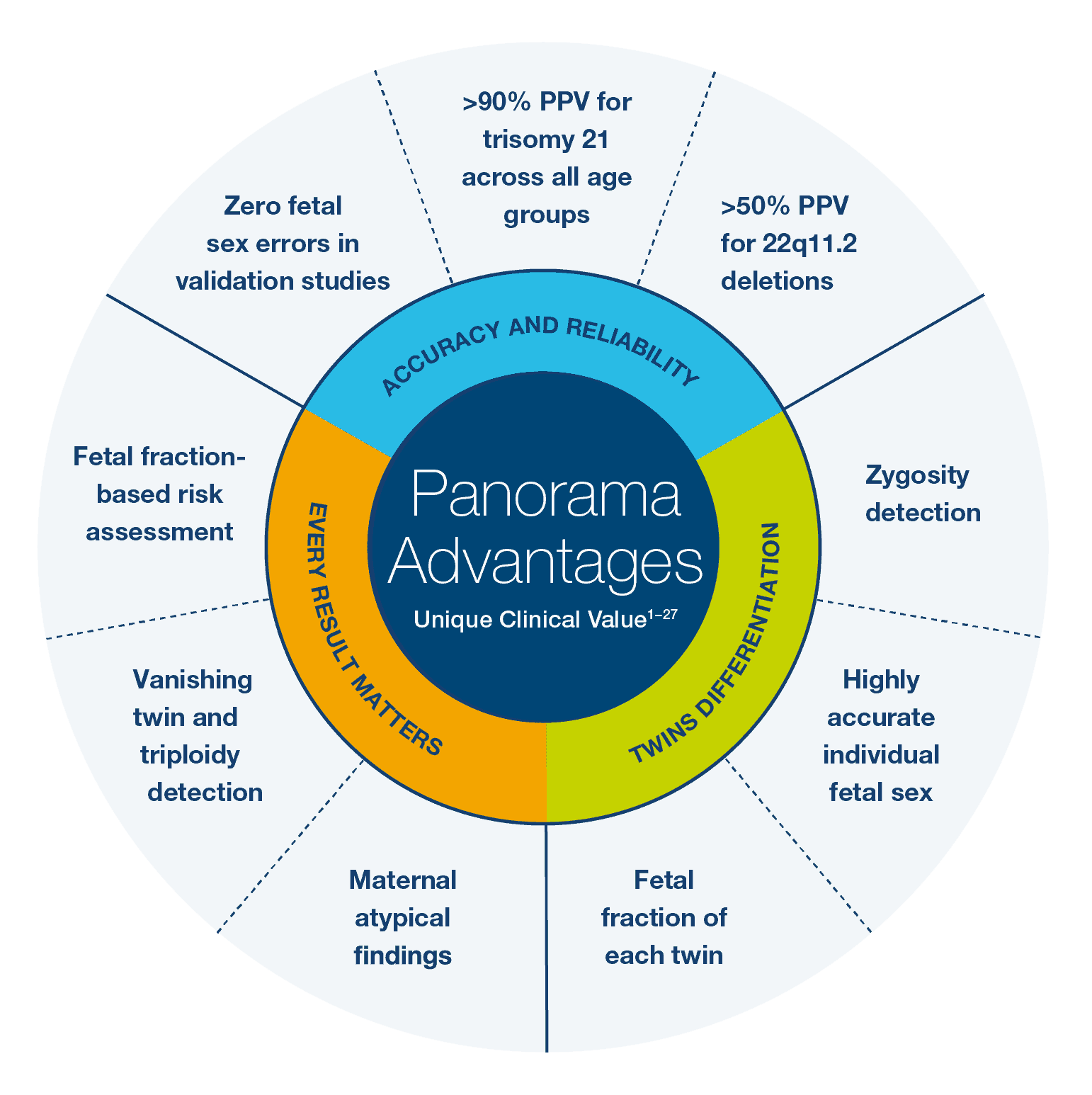

Are There Other Types Of Results?
About 1 in 65 tests receive a no result or other type of result. You should speak with your HCP about these result types and whether you should consider having a second blood draw to do the test again.
There is also a small chance that Panorama will have a result relating to your genetics or your physical health.
NIPTTest Offering



